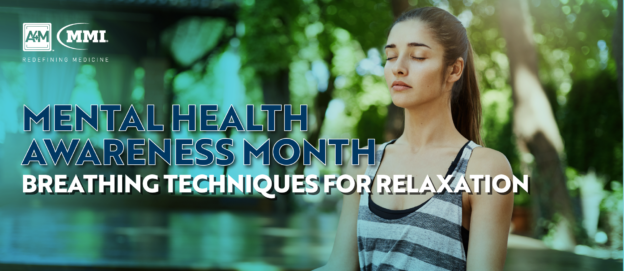In recent years, leading health care organizations have declared physician burnout, or the state of physical and mental exhaustion associated with job stress, a public health crisis. The problem is so pervasive that burnout was added to the list of medical conditions by the World Health Organization in May of this year. Compared to average American workers, physicians are experiencing twice as much burnout, which may lead to high turnover, lower-quality care, and suboptimal patient outcomes. In addition to raising significant ethical concerns, overworked and unhappy physicians are taxing on the U.S. economy, costing the nation $4.6 billion per year, according to new research published in the Annals of Internal Medicine.



